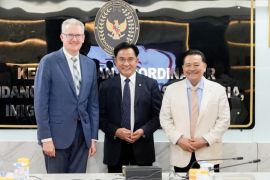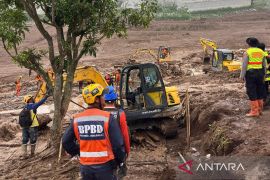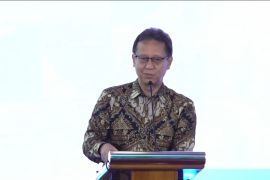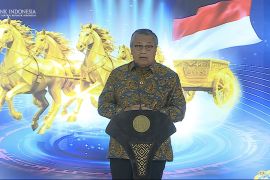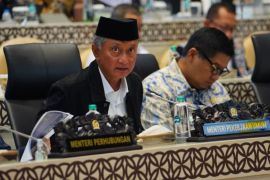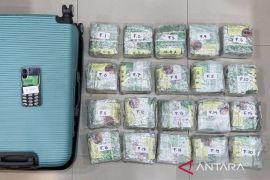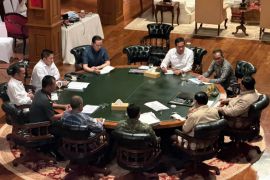In a statement received by ANTARA here on Friday, the Ad Interim Chief of the Indonesian Embassy in Amman, Nico Adam, stated that Abdillah Onim, who has lived in Gaza since 2008, mediates with Indonesian Muslims to distribute their aid for Palestinian children so they might continue their educations.
According to Nico, such programs as the Indonesian Muslims for Palestinian orphans is operating in Gaza for the first time.
"It is no more than a month since the program was launched, and there are hundreds of Indonesian people willing to become foster parents for Palestinian children. In fact, there are some who are willing to sponsor four to five orphans," Nico explained.
There are now 320 Palestinian orphans eligible for educational assistance, who primarily lost their fathers due to Israeli aggression.
Nico asserted that the prolonged war and blockade in the Gaza Strip has resulted in an increase in the number of orphans. "A lot of support and attention is, of course, very meaningful to Palestinian orphans," he said.
Gaza is an area of only 367 square kilometers, but inhabited by two million people. No less than 1.5 million of them live below the poverty line.
"Many of them have no jobs, due to the Israeli blockade that has been lasting more than a decade," Nico said.
Meanwhile, Abdillah Onim explained that the program is an effort to help to nurture orphans who lost their fathers and other family members.
He stressed that the Indonesian people will continue to participate in such programs and humanitarian activities, by bringing together children from all areas of the Gaza Strip.
Spending on orphans is a charity that can cure illnesses of the heart and soul, soften a hard heart, purify a Muslims treasure, and open the doors of goodness to society, Abdillah Onim said.(*)
Editor: Heru Purwanto
Copyright © ANTARA 2017
